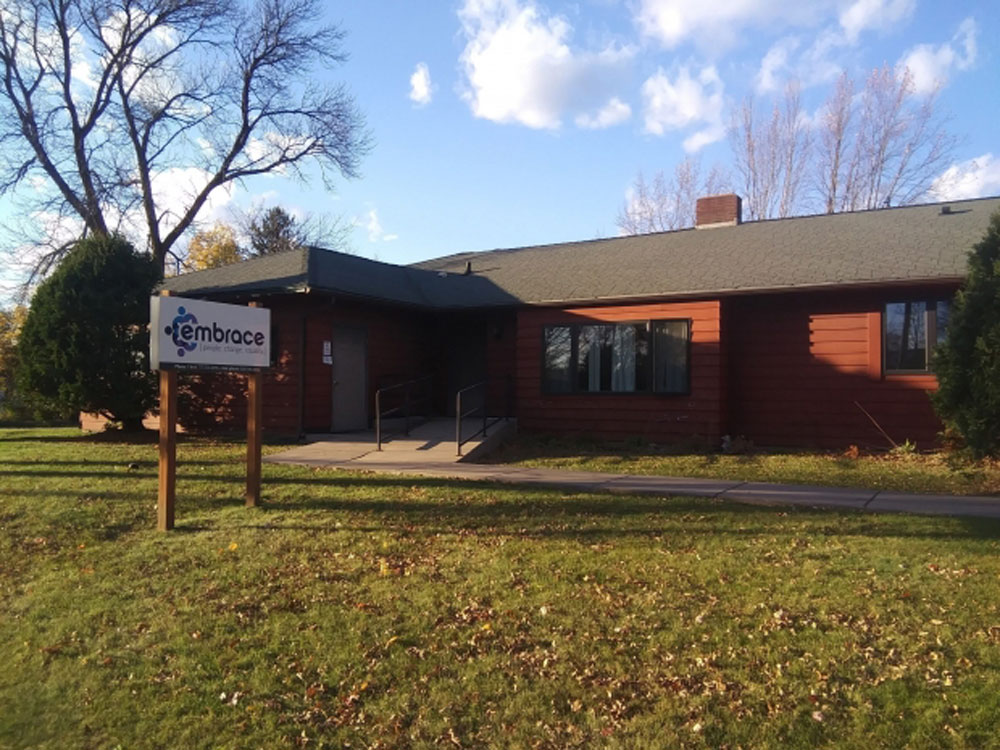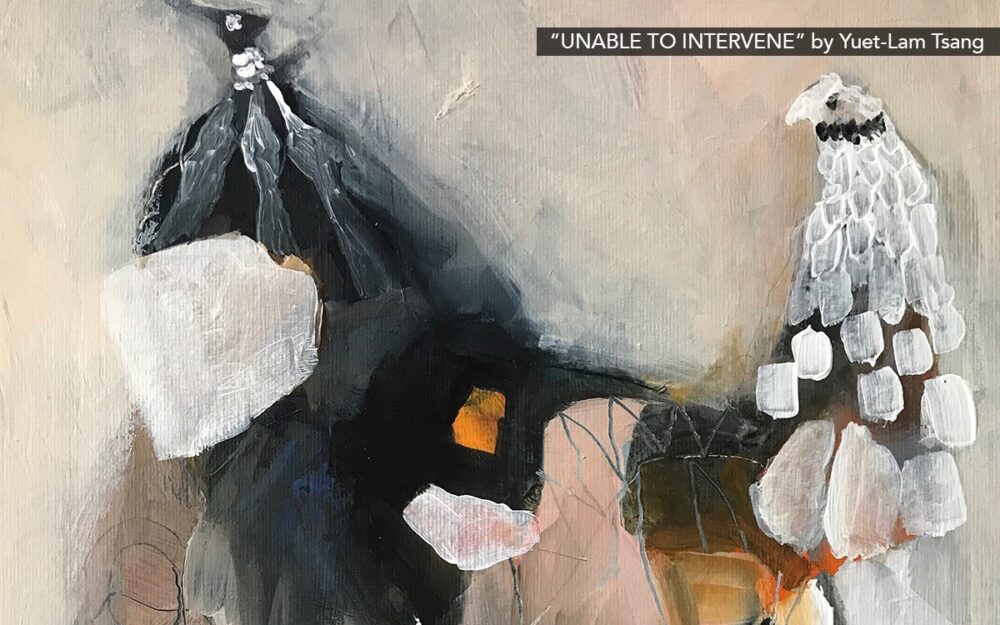
October 18, 2020; The Root
Is violence against women a crime that is underwritten by the subjugated status of women in this country? Had you asked any of the advocates who started that fight 50 years ago, the answer would have been an emphatic “yes.” Now, many in that field are just as happy to view it as a gender-neutral phenomenon. Indeed, just like as white people are killed by police, some men are battered by their intimate partners, but that does not negate the systemic sexism that supports women’s subjugation.
Violence meant to control whole categories of people always needs to be called out for what it is, of course, and that is why domestic violence programs across the country have elected to declare their support of the Black Lives Matter Movement. But in doing so, have they stepped out of some ugly protected zone into the cold light of day?
In Wisconsin, the mettle of Embrace, a domestic violence program, is being tested as local law enforcement agencies attempt to bully them into removing any indication of their support for the Black Lives Matter movement.
Law enforcement agencies, of course, have long had what many of us have experienced as a tense partnership with violence against women programs in addressing domestic violence in our communities. But, in this case, the police have essentially shunned the small agency with a withdrawal of collaboration—or, put another way, a refusal to do their jobs out of pique.
Katie Bement, Embrace’s executive director, says that not only have all of the local police departments let her know that they will stop referring people in need, but funding has been withdrawn and members of the board associated with local police have resigned.
The Root reports that Embrace is not alone in facing up to its history. In June of this year, 47 state and territorial coalitions of domestic violence groups signed a letter that called this time “a moment of reckoning” for groups addressing violence against women as a whole. They went on to claim responsibility for 40 years of missing the intersectional point:
We have failed to listen to Black feminist liberationists and other colleagues of color in the movement who cautioned us against the consequences of choosing increased policing, prosecution, and imprisonment as the primary solution to gender-based violence.
We have promoted false solutions of reforming systems that are designed to control people, rather than real community-based solutions that support healing and liberation.
Sign up for our free newsletters
Subscribe to NPQ's newsletters to have our top stories delivered directly to your inbox.
By signing up, you agree to our privacy policy and terms of use, and to receive messages from NPQ and our partners.
We have invested significantly in the criminal legal system, despite knowing that the vast majority of survivors choose not to engage with it and that those who do are often re-traumatized by it.
We have held up calls for “victim safety” to justify imprisonment and ignored the fact that prisons hold some of the densest per-capita populations of trauma survivors in the world.
We have ignored and dismissed transformative justice approaches to healing, accountability, and repair, approaches created by BIPOC leaders and used successfully in BIPOC communities.
This moment has long been coming. We must be responsible for the ways in which our movement work directly contradicts our values. We espouse nonviolence, self-determination, freedom for all people and the right to bodily autonomy as we simultaneously contribute to a pro-arrest and oppressive system that is designed to isolate, control, and punish. We promote the ideas of equity and freedom as we ignore and minimize the real risks faced by BIPOC survivors who interact with a policing system that threatens the safety of their families and their very existence. We seek to uproot the core drivers of gender-based violence yet treat colonialism, white supremacy, racism, and transphobia as disconnected or separate from our core work.
This has not gone down well with law enforcement partners. The Nebraska Coalition to End Sexual and Domestic Violence was asked to remove its name from the letter by the state’s Sheriffs’ Association, a request they refused.
“Our organization has chosen to intentionally center our work with an anti-oppression lens, and to raise the voices of women of color,” said Lynne Lange, the coalition’s executive director. “We will not shy away from that now.”
In Idaho, the state Chiefs of Police Association, Sheriffs Association, and the Prosecuting Attorneys Association withdrew their support from the state’s coalition against sexual and domestic violence because it signed the letter, according to its executive director, Kelly Miller.
Back in Wisconsin, Bement calls the bullying by police an abuse of power. Yes, it is, and thus we return to critique of the patriarchy at long last. Instead of treating the problem as an aberration, we must face up to its deep roots in our supremacist culture. When dealing with countenanced violence against any group, it’s important to maintain the view that sees it as part and parcel of larger systems of supremacy.—Ruth McCambridge













